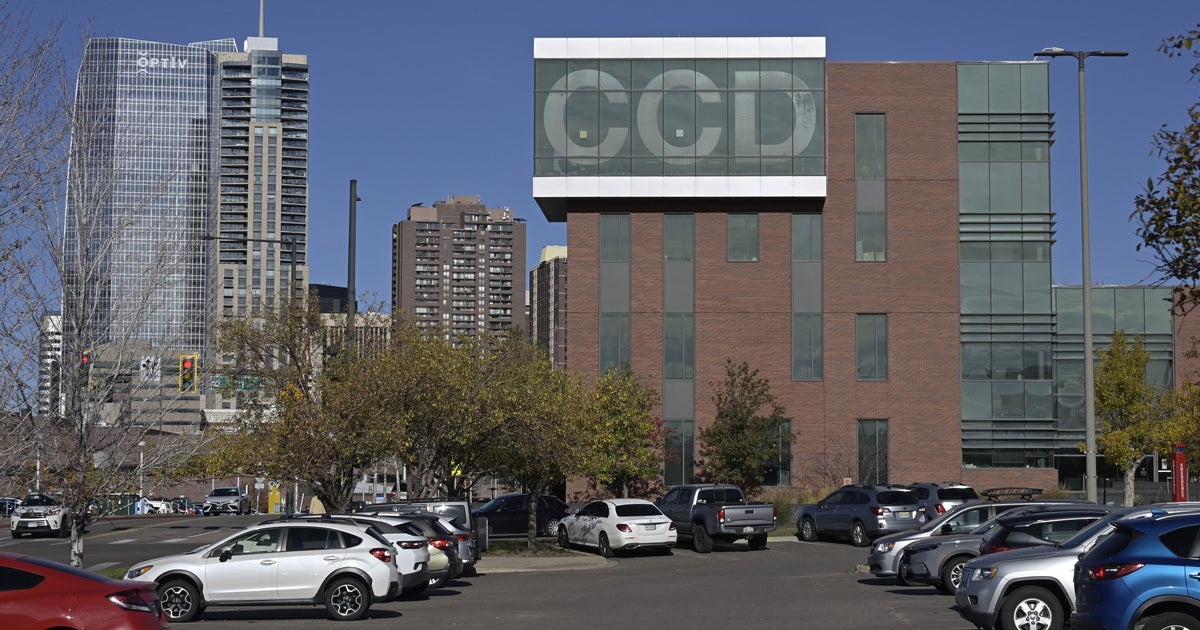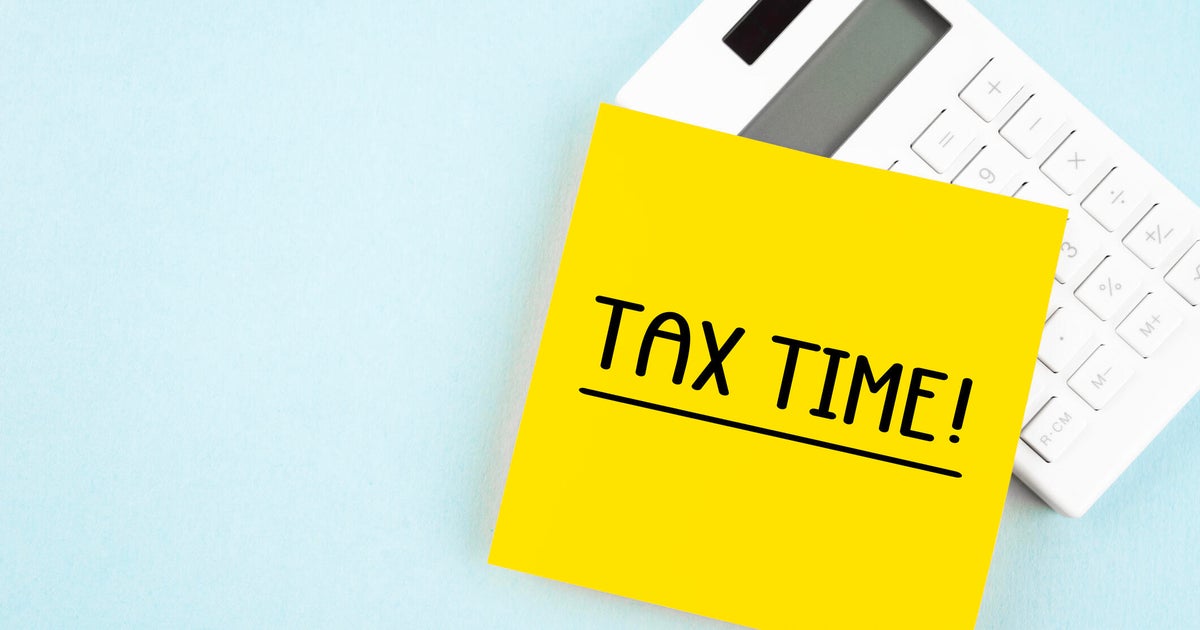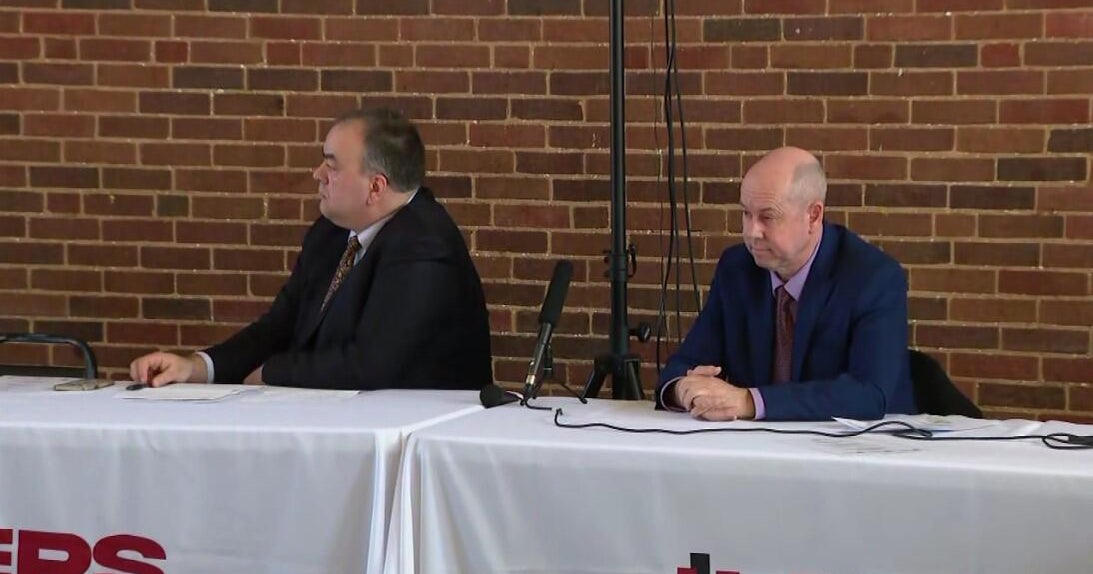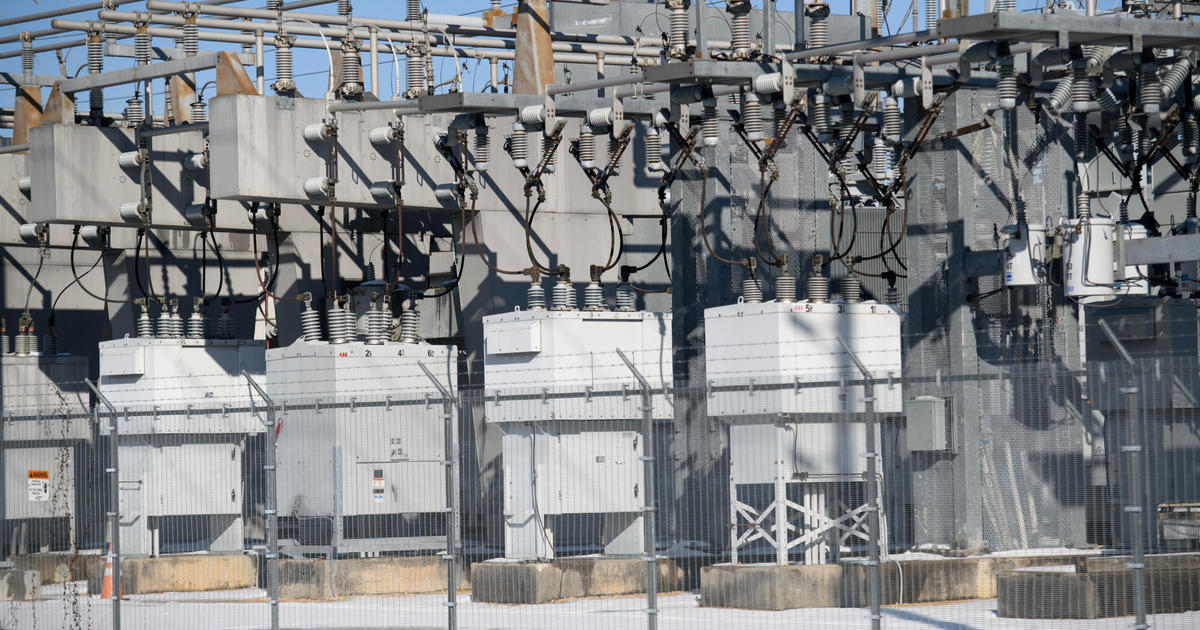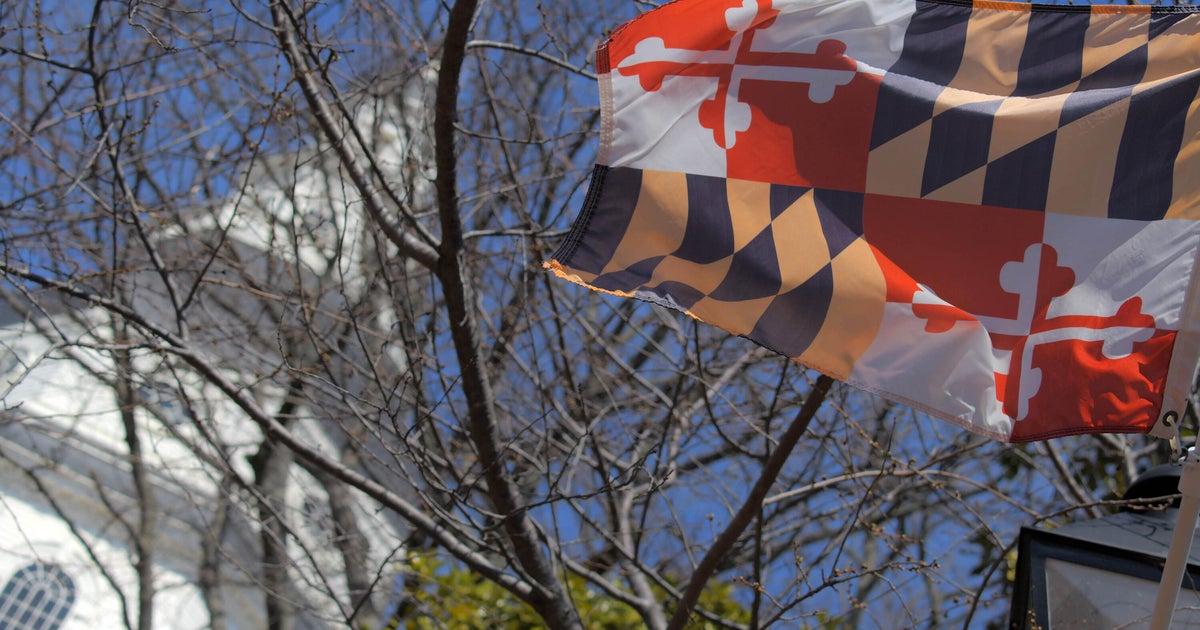Study: Romney Tax Plan Targets Middle/Low Income Workers For Hike
MIAMI (CBSMiami) – Taxes are beginning to take center stage in the presidential election and the latest study from the non-partisan Tax Policy Center is not painting a good picture for Republican presidential nominee Mitt Romney's plan.
The study looked at Romney's tax plans and found would decrease federal tax revenues by $360 billion in 2015. The cuts would allow those making more than $1 million to see after-tax income rise by 8.3 percent, or roughly $175,000.
Taxpayers with incomes between $75,000 and $100,000 would see smaller increases in after-tax income and taxpayers earning less than $30,000 see after-tax income drop by 0.9 percent.
"Our major conclusion is that any revenue-neutral individual income tax change that incorporates the features Governor Romney has proposed would provide large tax cuts to high-income households, and increase the tax burdens on middle-and/or lower-income taxpayers," the study said.
Romney's plan calls for a revenue-neutral plan which means the $360 billion in cuts would have to be offset. According to the study, the "losses necessitates a reduction of roughly 65 percent of available tax expenditure. Such a reduction by itself would be unprecedented, and would require deep reductions in many popular tax benefits ranging from the mortgage interest deduction to the child tax credit."
"The study shows that making Governor Romney's tax plan revenue neutral would require eliminating tax preferences for middle and lower income families, reducing their after tax income by an average of $2,000," Roberton Williams of the Tax Policy Center told the Washington Post.
The findings present a conundrum for the Romney campaign as either the tax cuts would not be paid for and further decimate the deficit; or they would be paid for by ending middle-class tax loopholes.
It's a tough needle to thread for Romney to appeal to conservatives by simultaneously cutting taxes and not exploding the deficit, while also trying to appeal to middle and lower income taxpayers who will disproportionately hurt based on the Tax Policy Center's findings.
